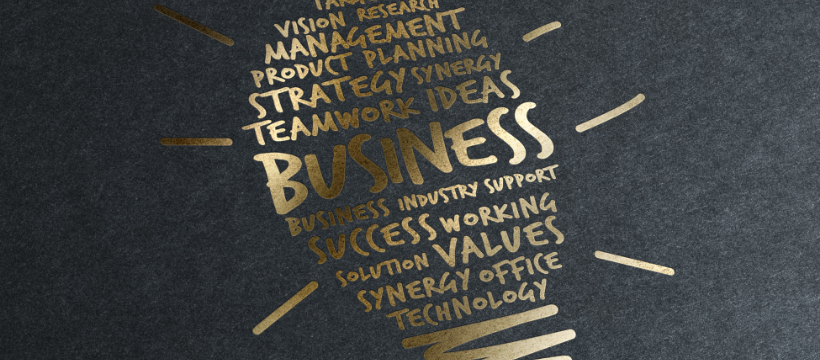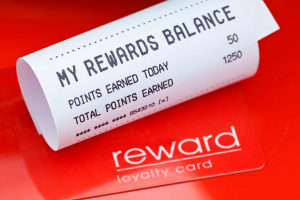Unveiling the Secrets of Secret Shoppers
In the pursuit of increasing customer retention rates, companies often turn to innovative strategies to gain insights into their customer experience. One such approach that has gained traction in recent years is the use of secret shoppers. These covert evaluators pose as ordinary customers to assess various aspects of a company’s offerings and services. While the concept might seem intriguing, the decision to employ secret shoppers is a nuanced one. In this blog, we’ll delve into the reasons behind using secret shoppers, discuss whether your business should consider this approach, and weigh the pros and cons of adopting this strategy.
Secret shoppers, also known as mystery shoppers, play a crucial role in bolstering customer retention strategies for companies. Their involvement is grounded in several compelling reasons that drive businesses to embrace this approach:
Unbiased Feedback: By assuming the role of regular customers, secret shoppers bring an objective and impartial viewpoint to the evaluation of the customer experience. Their anonymity among staff allows them to offer unfiltered insights into the day-to-day operations of the business.
Real-time Insights: Secret shoppers provide real-time feedback, offering an immediate and current perspective on areas that require enhancement. This rapid feedback loop empowers companies to promptly address concerns and prevent potential customer dissatisfaction from escalating.
Identification of Pain Points: Secret shoppers excel at identifying pain points in the customer journey that might often evade notice. Their ability to highlight areas of concern enables businesses to strategically focus their efforts on elevating the overall customer experience.
Training and Skill Development: The insights gleaned from secret shopper evaluations serve as a foundation for customizing training programs aimed at upskilling employees. This ensures that staff members possess the necessary expertise to deliver unparalleled customer service.
Benchmarking and Comparative Analysis: Through secret shopper evaluations, companies gain a platform for benchmarking their performance against industry benchmarks and competitors. This data-driven approach enables businesses to identify both their strengths and areas where improvement is required.
Validation of Policies: Secret shoppers contribute to the validation of company policies, such as return procedures and adherence to customer service protocols. Their evaluations provide a critical lens through which the accuracy and consistency of policy implementation can be assessed.
Should Your Business Use Secret Shoppers?
The decision to employ secret shoppers depends on various factors unique to your business. Consider the following points to determine whether this approach aligns with your objectives:
1. Nature of Your Business: Secret shoppers are particularly effective for industries with direct customer interactions, such as retail, hospitality, and dining. If your business heavily relies on customer service, secret shoppers could provide valuable insights.
2. Customer Feedback Channels: Assess whether your existing customer feedback channels are yielding comprehensive insights. If you’re missing specific details or real-time information, secret shoppers could fill that gap.
3. Resource Allocation: Consider the resources needed to implement a secret shopper program. This includes hiring secret shoppers, designing evaluation criteria, and analyzing the collected data.
4. Commitment to Improvement: Are you committed to acting on the feedback provided by secret shoppers? If your company is genuinely interested in enhancing the customer experience, secret shoppers can be a valuable tool.
Pros and Cons of Using Secret Shoppers
Pros:
1. Objective Insights: Secret shoppers provide impartial evaluations, ensuring feedback is unbiased and based on real experiences.
2. Timely Feedback: Since secret shoppers provide real-time feedback, businesses can address issues promptly and prevent customer dissatisfaction.
3. Training Opportunities: Feedback from secret shoppers can be used to tailor training programs, improving employee performance.
4. Benchmarking: Secret shopper evaluations allow companies to measure their performance against industry standards and competitors.
5. Enhanced Customer Experience: Acting on insights from secret shoppers can lead to an overall improved customer experience, which in turn increases customer retention.
Cons:
1. Costs: Implementing a secret shopper program incurs costs, including hiring secret shoppers, training, and analysis of collected data.
2. Resource Intensive: Developing and managing a secret shopper program requires significant time and effort.
3. Potential Disruption: Employees may feel anxious or stressed about potential secret shoppers, impacting their work performance.
4. Limited Scope: Secret shoppers may not capture the entirety of the customer experience, missing nuances that genuine customers might encounter.
5. Ethical Considerations: The use of secret shoppers raises ethical questions about honesty and transparency in evaluating employee performance.
Making the Choice
Employing secret shoppers can be a powerful tool in enhancing your company’s customer retention strategies. However, the decision should be made considering the nature of your business, available resources, commitment to improvement, and ethical considerations. If implemented thoughtfully, secret shoppers can provide unique insights that contribute to an improved customer experience, ultimately boosting customer retention rates. Remember, while secret shoppers can shed light on hidden aspects of your business, the decision to use them should align with your company’s values and goals.







